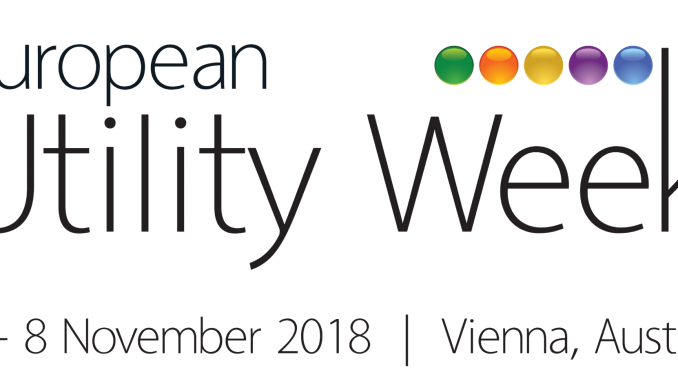
European Utility Week, the main event for utilities, echoed earlier this month, an unprecedented invasion and technological storm.
But how can the world of energy experts deal with such a movement? Does he have the skills for that? Is it in step with this evolution?
I see several consequences of this technological overactivity for utilities.
Utilities, within an integrated model combining production, distribution and sales, in a monopolistic context were governed by a technical culture They offered their customers what was allowed by the energy systems. Very rarely, for years, energy systems have been modified to improve service to customers.
Even today, technical issues dominate debates and marketing departments have still to develop their understanding of their customers, their habits, their needs. The emergence of so many new technologies is necessarily going against this issue. This paradox is the first consequence.
Let us not confuse, even if they include common points, technical matters and technologies. The technique codifies the practices of a business: this is exactly what the utilities have done for years, concerning the power production and distribution, imposing this codification on their customers.
Technology has a more theoretical dimension and the notion of technologies today is often coupled with an idea of novelty. In the industry, technology is at the center of R & D, technologies require more anticipatory, prior steps, to be integrated in offerings.
No utility has in its DNA the fundamentals of technology management: the understanding of trends, ecosystems around technologies, processes of study and integration of these technologies. They must learn how to select technologies, how to build and nurture appropriate partnerships, and how to integrate them into their systems and solutions in several stages. This obligation is the second consequence.
However, some utilities stand out from this general framework: EDF, with a very competent R & D department, has been able to develop an interesting technology management but which seems to have widened the gap between operational departments and R & D. ENEL is developing technology management structures inspired by digital industries.
Based on these observations, it seems to me essential for most utilities:
- To immerse oneself in technologies to understand their foundations and evolutions.
- To establish the links between technologies, the energy systems themselves (ie their business) and the needs of customers. The choice of partners for a Smart Home solution shows very often how much utilities do not think the link between technology and customers: sustainability, scalability, cost, operation of solutions are rarely the focus of concern.
- To exceed the concept of demonstrator which contributes only partially to the technology management.
- To rethink their relationship with start-ups, simple solution providers today, possibly a sustainable element of a technological ecosystem tomorrow.
At Utility Week, the utilities were, this year, surprisingly few. Do not they feel the need for immersion in emerging ecosystems? Are they overwhelmed by the disruptions in progress? Whatever the reasons for this “absence”, the question of the intimacy of utilities with the technologies is really at the center of current issues.
Subscribe to receive every quarter all articles of the blog: [sibwp_form id=2]




Leave a Reply